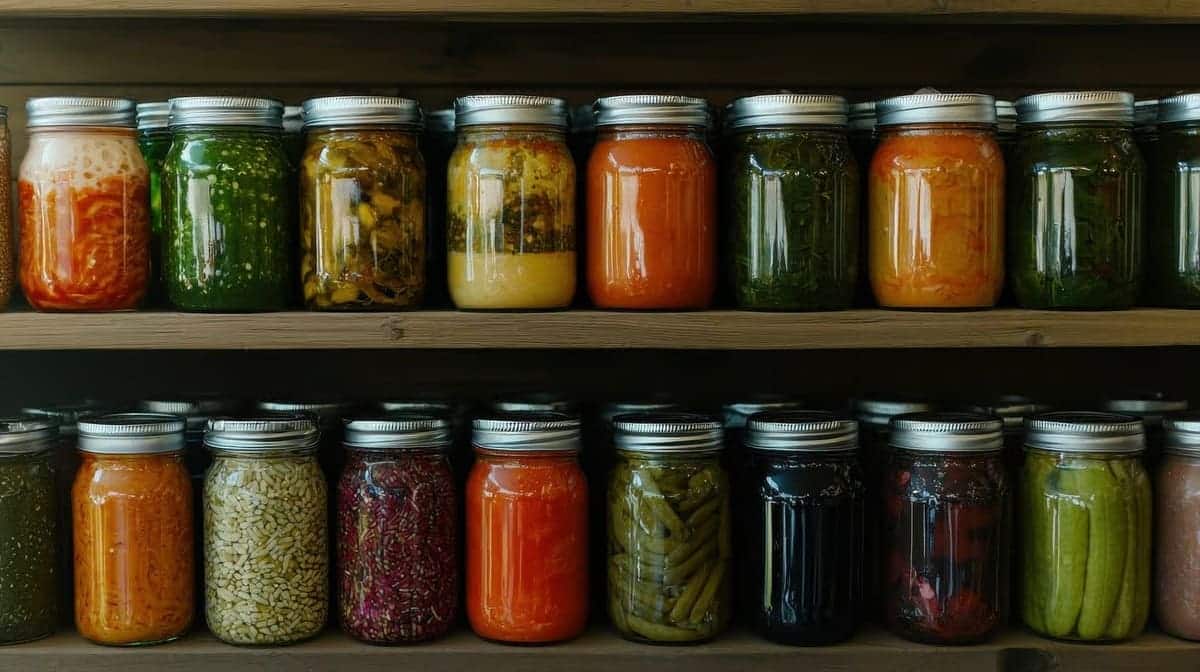Recent research from Japan suggests that a diet rich in certain foods—especially fermented ones—could help fight stress.
Studies have shown that the microorganisms in our gut—the “gut microbiome”—are in constant communication with our brain. This communication happens through changes in the vagus nerve, which connects the gut and the brain, and through metabolites from the breakdown of fibers by gut bacteria, which enter the bloodstream and affect brain function.
These findings suggest the existence of a “microbiome-gut-brain axis” that could play a critical role in stress. Stress is a major health risk, contributing to conditions like metabolic syndrome, cardiovascular diseases, musculoskeletal disorders, and even depression.
The Link Between Diet, Microbiome, and Stress
Since the composition of the microbiome is greatly influenced by diet, could eating certain foods help reduce stress? A new study from Japan suggests that it’s possible.
In this study, researchers recruited 1,058 healthy adults from the Sukoyaka Health Survey, a long-term cohort following adults aged 20 to 80. The participants were tested for their stress levels, which divided them into three groups:
- Group 1: Average stress response
- Group 2: Significantly higher stress response
- Group 3: Lower stress response
The participants also filled out a questionnaire about their eating habits. Those with higher scores were found to eat a nutrient-rich diet, full of fibers, minerals, and vitamins, but low in saturated fats, salt, and added sugars. The researchers also analyzed their gut microbiome through stool samples.
Stressed People Tend to Have Poorer Diets
The study’s results, published in Clinical Nutrition SPEN, found that the most stressed participants (Group 2) had a much poorer diet compared to the other groups, with fewer vegetables and legumes—especially bell peppers, tomatoes, and natto (fermented soybeans).
Their microbiomes were also different: they had fewer beneficial bacteria like Ruminococcus and Lachnospira compared to the least stressed group (Group 3).
Gut Bacteria May Mediate the Stress-Relief Effect
The most fascinating aspect is that while there is a statistical relationship between diet quality and stress levels, this connection appears to be indirect. While diet quality relates to Lachnospira levels, which in turn influence stress, the researchers found no direct link between diet itself and stress. In other words, the diet’s effect on stress seems to be mediated, at least partially, by the Lachnospira bacterium in the gut.
The researchers suggest that diets rich in polyphenols (antioxidants) and fibers, found in vegetables, legumes, and fermented foods, could play a role in regulating stress. Although natto is a traditional Japanese food, similar beneficial bioactive components can be found in other fermented foods worldwide, such as sauerkraut, kefir, kombucha, tempeh, and kimchi.
Study Results Align with Previous Findings
Though this study has its limitations (such as an overrepresentation of women and unaccounted potential confounders), its findings are consistent with a study from two years ago by researchers in Italy and Ireland. Published in Nature, that study showed that a psychobiotic diet, rich in microbiome-friendly foods like whole grains, fruits, and fiber-rich vegetables, and low in sugary and salty foods, can help reduce stress.

Véronique Molénat
Journalist
Decoding how the body works—from organs, tissues and cells all the way down to organelles, molecules and atoms. Understanding how these elements fit together to create living systems. Figuring out why those systems sometimes go off-track. And then explaining it all in clear, accessible language. That has been my driving force for 30 years.
Trained in cell biology, animal physiology, nutrition, public health, and finally in science communication, I have explored health from many angles. Today, I put that expertise in the service of anyone who wants to make science understandable to all.

